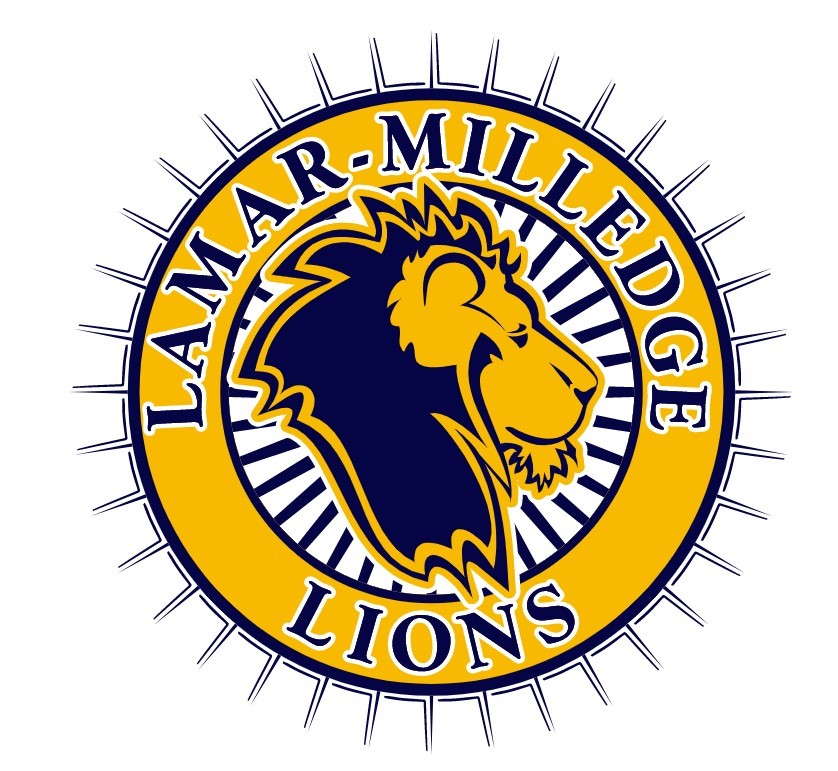-
Course Description
In kindergarten, English language arts instruction introduces students to the foundational skills necessary for literacy development, including concepts of print, phonological awareness, and the ability to decode and encode words in context and in isolation. Students learn the relationships between the sounds of spoken language and the letters of written language, building early reading and spelling skills. Oral language expands through structured speaking and listening experiences that promote vocabulary growth and the use of complete sentences and basic grammar. Students develop handwriting and fine motor skills as they transcribe oral language into written text. They begin composing written work for a variety of purposes and audiences and will continue to develop their skills across multiple modes and genres. This subject must utilize the K–2 standards and kindergarten expectations outlined in Georgia’s K–12 English Language Arts (ELA) Standards.
Kindergarten mathematics regularly incorporates the 8 Mathematical Practices, the Statistical Reasoning Framework, and the Mathematical Modeling Framework. The mathematics content in kindergarten focuses on two critical areas: (1) representing and comparing whole numbers, initially with sets of objects; and (2) describing shapes and space. More learning time in kindergarten is devoted to numbers than to other topics. Being intentional with ongoing exposure to mathematical concepts such as counting and shape identification using a variety of contexts supports students’ efficacy and competence.
EXTRA HELP: Daily interventions will be done with students that need extra academic support
Select a School...
Select a School
- A. R. Johnson
- Academy of Richmond County
- Richmond Hill Elementary School
- Barton Chapel Elementary School
- Bayvale Elementary School
- Belair Elementary school
- Blythe Elementary School
- Butler High School
- C.T. Walker Traditional Magnet
- Copeland Elementary School
- Cross Creek High School
- Cyber Academy of Excellence
- Davidson Fine Arts
- Deer Chase Elementary School
- Diamond Lakes Elementary School
- Freedom Park School
- Garrett Elementary School
- Glenn Hills Elementary School
- Glenn Hills High School
- Glenn Hills Middle School
- Goshen Elementary School
- Gracewood Elementary School
- A. Dorothy Hains Elementary School
- Hephzibah Elementary School
- Hephzibah High School
- Hephzibah Middle School
- Jenkins White Elementary School
- Jamestown Elementary School
- Lake Forest Hills Elementary School
- Lamar-Milledge Elementary School
- Lucy C. Laney High School
- McBean Elementary School
- Meadowbrook Elementary School
- Monte Sano Elementary School
- Alternative School at Morgan Road
- Murphey Middle School
- Performance Learning Center
- Pine Hill Middle School
- Richmond County Technical Career Magnet School
- eSchool
- Richmond Hill Middle School
- W.S. Hornsby Middle School
- Sue Reynolds Elementary School
- T.W. Josey High School
- Tobacco Road Elementary School
- Tutt Middle School
- W. S. Hornsby Elementary School
- Warren Road Elementary School
- Westside High School
- Wheeless Road Elementary School
- Wilkinson Gardens Elementary School
- Belair Middle School
- Marion E. Barnes Career Center
- Reaching Potential Through Manufacturing (RPM)



